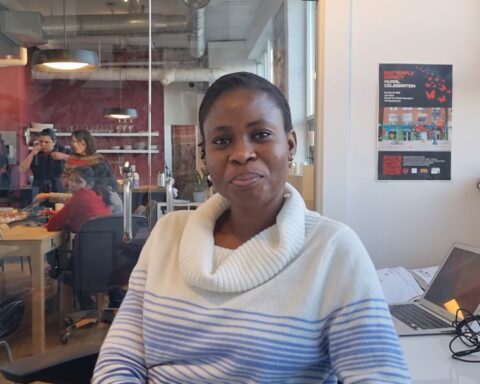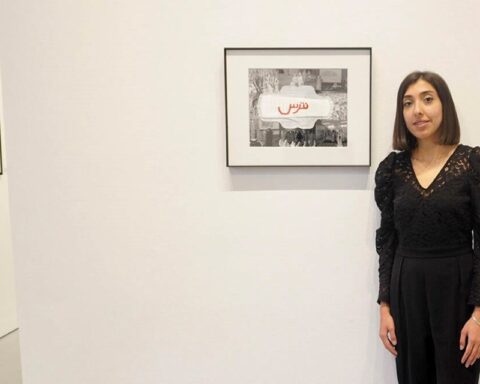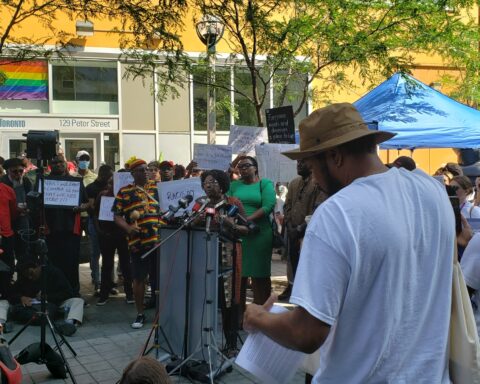A significant spike in the number of women with precarious immigration status seeking help has pushed one of the leading shelters in the York Region to hire an in-house immigration consultant to help such clients.
These days, every week, two women with such precarious status seek help at Yellow Brick House, compared to five years ago, when five women would turn up in a whole year, according to CEO Lorris Herenda.
“Women without valid immigration status can’t get access to financial support, social assistance funds, housing or even a job. And because they don’t have a status, they’re at fear of being deported and losing their children. To bridge this gap, we hired an immigration co-ordinator last year through a federal grant to help them through this process,” Herenda told NewmarketToday.
Yellow Brick House’s immigration consultant, a lawyer in her country of origin, assists clients with the legal and documentation procedures to improve their chances of immigration.
Depending on their circumstances, clients can apply for the following categories: temporary resident permit, for clients who have suffered domestic violence and do not qualify for any other category of immigration; refugee claim; and humanitarian and compassionate considerations.
The fundamental rule of immigration is that applicants should only submit an application if they qualify. Therefore, the immigration consultant plays an instrumental role in guiding clients to increase their chances of success, Herenda added.
Before hiring the immigration consultant, Yellow Brick House referred clients to lawyers who did pro bono work or agencies working specifically with immigrants. The organization often ran into roadblocks with waitlists, service expenses and out-of-jurisdiction issues.
Sandgate Women’s Shelter of York Region, the only other shelter for women in the region, doesn’t have a dedicated worker to help clients with immigration issues.
“We generally co-ordinate with our welcome centres and community experts on immigration, and transport women to all these appointments. Would it be far better to have that support in house? One hundred per cent, but we don’t have funds,” Michelle Smith, Sandgate’s executive director, said.
Yellow Brick House now provides immigration services to any partner clients who qualify and also helps women who don’t have money for an application.
According to social work experts, depending on the point where their application is, women without valid immigration status may be eligible for financial support.
“But the recommendation is not to access financial support because it can have a negative impact on the success of their application. To survive, they work under the table for jobs, which are often risky,” Herenda said.
Making things worse, the housing crisis, which reduces the chance of exit from a situation of abuse, acts as a double-whammy for the women without paperwork.
Because they’re not eligible to receive Ontario Works and are afraid of being deported, they often return to the perpetrator after staying with us at the emergency shelter for eight weeks, Herenda pointed out.
“Women with precarious status, living with an abuser or escaping abuse, should be given financial support regardless, without an impact on their application. Otherwise, we are perpetuating the abuse of a different kind,” she observed.
______________________________________
This article was originally published on NewMarketToday.ca
Amrita is an NCM-CAJ Collective Member, journalist and content writer, with nearly a decade of experience in content development and journalism in three countries. She started her career as a journalist with a leading daily, The Statesman, in India. She has also led content and editorial teams for several web content management firms. Amrita served as a Communications and Content specialist for some non-profit organizations like the American Red Cross after her move to the U.S. Based out of Toronto, she continues to follow her passion by reporting on human rights violations, education, crimes, inequality and community engagement. Amrita holds a Post Graduate Diploma in Print Journalism from Chennai, India.





